Do you often wonder if a large deposit or withdrawal from your bank might catch the taxman’s eye? In today’s digital world, where every transaction leaves a trail, it’s more important than ever to know how big bank transactions can lead to income tax notices. Let’s break it down in simple terms and clear the fog around this intimidating topic.
What is an Income Tax Notice?
Definition and Purpose
An Income Tax Notice is simply a communication from the Income Tax Department. It could be a reminder, an alert, or a call for clarification regarding your financial activities. Getting one doesn’t always mean you’re in trouble.
Common Reasons for Getting a Notice
- Mismatch in your income and expenses
- High-value bank transactions
- Late or incorrect ITR filing
- Not linking PAN and Aadhaar
- Failure to report all sources of income
Big Bank Transactions – What Are They?
Definition According to the IT Department
Big bank transactions refer to high-value financial activities that exceed specific thresholds set by the Income Tax Department. These are seen as potential indicators of undeclared income.
Transaction Types That Trigger Red Flags
- Cash deposits above ₹10 lakh annually
- Fixed deposits exceeding ₹10 lakh
- Credit card payments above ₹1 lakh in cash or ₹10 lakh via cheque/card
- Purchase/sale of immovable property above ₹30 lakh
Threshold Limits for Bank Transactions
Cash Deposits and Withdrawals
If you deposit or withdraw more than ₹10 lakh in a year from a savings account, your bank must report it.
Credit Card Payments
Making a cash payment above ₹1 lakh or total payments above ₹10 lakh yearly can get you flagged.
Fixed Deposits and Mutual Fund Investments
A fixed deposit of ₹10 lakh or more in a financial year must be reported by banks.
Property-Related Transactions
Buying or selling property valued above ₹30 lakh is closely watched by the IT department.
New Guidelines by the Income Tax Department (FY 2024-25)
Key Updates You Should Know
- Expanded reporting under AIS (Annual Information Statement)
- Lower thresholds for suspicious transactions in some cases
- Stricter checks on digital payments and online investments
How They Affect Common People
Even salaried individuals must now be cautious. Your SIPs, mutual funds, or UPI payments over time can get noticed if not aligned with your declared income.
Why You Might Receive an IT Notice
High-Value Transactions
If your financial activities exceed the prescribed limits without proper reporting, a notice is almost guaranteed.
PAN Not Linked with Bank Accounts
Without PAN linkage, banks can’t report your transactions properly—raising suspicion.
Discrepancies in ITR vs. Actual Transactions
If your declared income doesn’t match your expenses or investments, the system flags it.
What to Do if You Get a Tax Notice
Don’t Panic—First Steps
- Read the notice carefully.
- Check the section under which it has been issued.
- Note the due date for responding.
Consult a Tax Professional
Don’t try to handle it all alone. A CA or tax advisor can help you respond correctly and avoid penalties.
How to Respond Online
Visit the Income Tax e-Filing portal, log in with your credentials, and navigate to the ‘e-Proceedings’ section.
How to Prevent Income Tax Notices
Maintain Proper Documentation
Keep records of your income, bank statements, bills, and proofs for deductions.
File ITR Correctly and Timely
Missing deadlines or filing incorrect returns can cost you dearly.
Report High-Value Transactions
Always declare big-ticket transactions in your returns—even if exempt.
PAN and Aadhaar Linking: Why It Matters
Consequences of Not Linking
- ITRs may not get processed
- TDS could be higher
- Account operations may be restricted
How It Helps the IT Department Track Transactions
With linkage, all your bank, investment, and property dealings are traceable—ensuring tax compliance.
Role of Banks in Reporting to IT Department
Statement of Financial Transactions (SFT)
Banks are required to report specified transactions under the SFT framework.
How Banks Flag Suspicious Activity
Unusual deposit patterns, round-number transactions, or high-value foreign remittances can trigger red flags.
Myths vs Facts About IT Notices
Only Rich People Get Notices?
False. Even a salaried employee earning ₹5 lakh annually can get one for mismatches or unreported income.
You’ll Be Jailed Instantly?
Not at all. Most notices are just informational or seek clarification.
Real-Life Case Studies
Salaried Individual Receiving Notice
A software engineer earning ₹12 lakh annually received a notice for investing ₹5 lakh in mutual funds without reporting it in ITR.
Small Business Owner Flagged for Cash Deposits
A shopkeeper making frequent ₹2 lakh deposits triggered scrutiny despite staying below ₹10 lakh annual limit due to suspicious patterns.
How to Keep Track of Your Financial Footprint
Personal Finance Apps
Use apps like Groww, ET Money, or Cred to monitor investments and payments.
Bank Alerts and Monitoring
Enable SMS/email alerts for every transaction and review statements regularly.
Government’s Move Toward Transparency
Digital India and Tax Systems
Digitization allows seamless reporting, reducing tax evasion.
Future of Tax Monitoring
AI-based systems now detect patterns—so it’s harder to hide financial activity.
Common Mistakes That Lead to Notices
Ignoring Form 26AS and AIS
These forms summarize your reported income. Always check them before filing ITR.
Misreporting or Underreporting Income
Not mentioning side income, freelance earnings, or capital gains? That’s a red flag.
Conclusion
Staying informed and compliant is your best defense against income tax notices. Big bank transactions aren’t illegal—but failing to report them or filing incorrect returns can put you on the radar. Keep records, stay honest, and when in doubt, consult a tax expert. After all, peace of mind is better than sleepless nights wondering if the IT department is coming after you.
FAQs
Q1: Is depositing ₹2 lakh in cash at once safe?
Yes, but frequent deposits close to ₹2 lakh can still raise suspicion. Space them out and document the source.
Q2: Will I get a notice if I pay my credit card bill online above ₹1 lakh?
Only if your total payments exceed ₹10 lakh in a year. Otherwise, no worries.
Q3: What is AIS and how is it related to notices?
AIS (Annual Information Statement) shows your reported financial transactions. Discrepancies between AIS and ITR may trigger notices.
Q4: Can I respond to a notice without a CA?
Yes, but it’s wise to consult a professional to avoid mistakes in the reply.
Q5: Do mutual fund investments attract tax scrutiny?
Yes, especially if they don’t match your declared income or are high in value.
Catch today’s top stories and trending updates across News, Entertainment, Business, and Sports. Dive into expert Finance insights, market trends, and smart investment tips in our Finance hub.


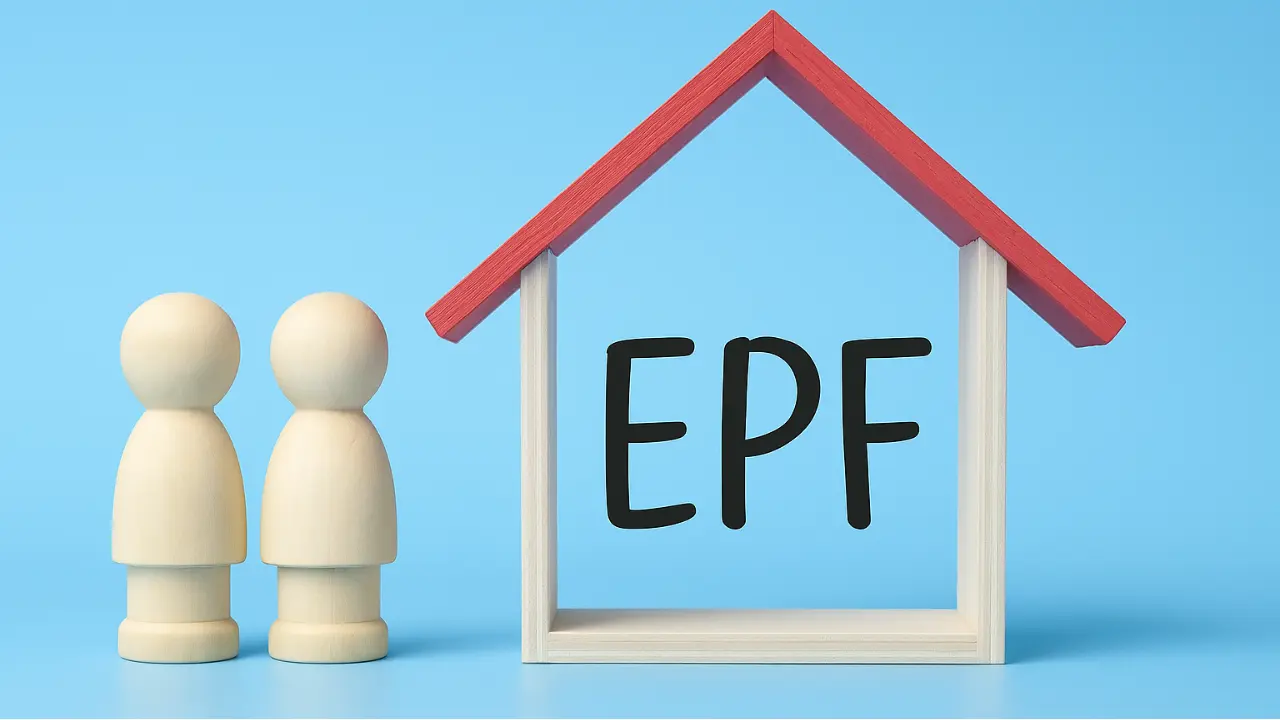

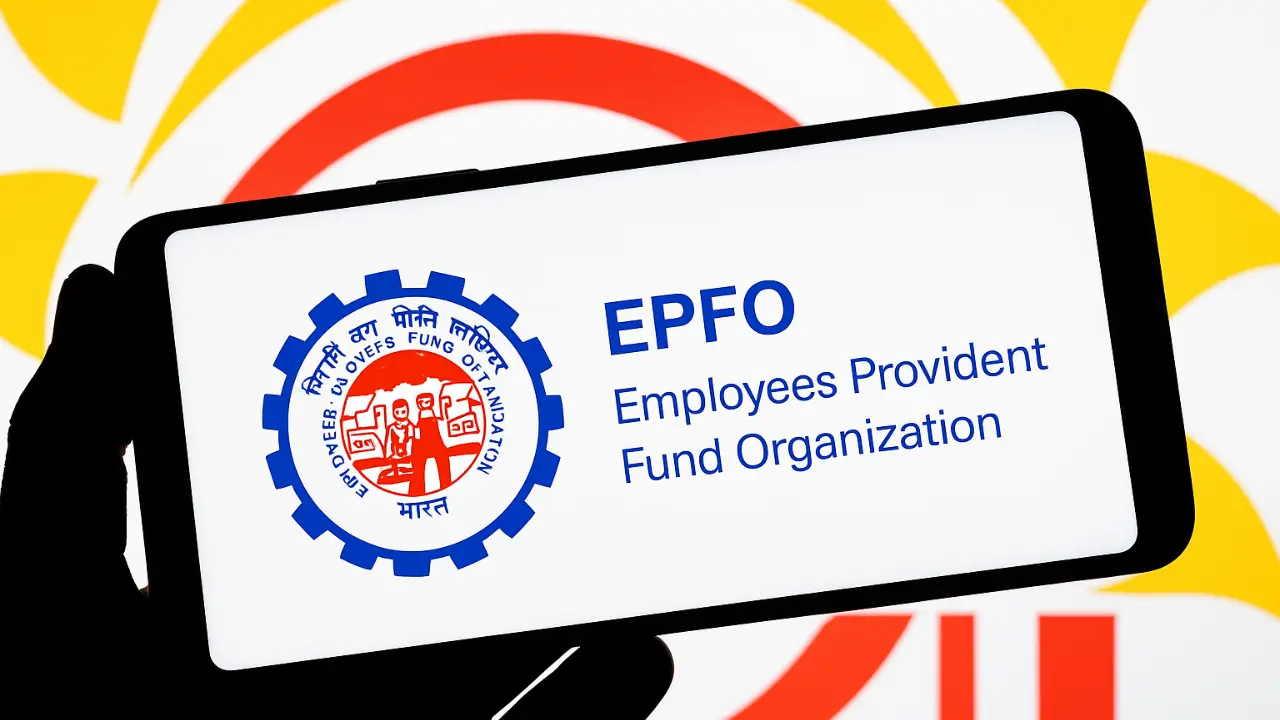


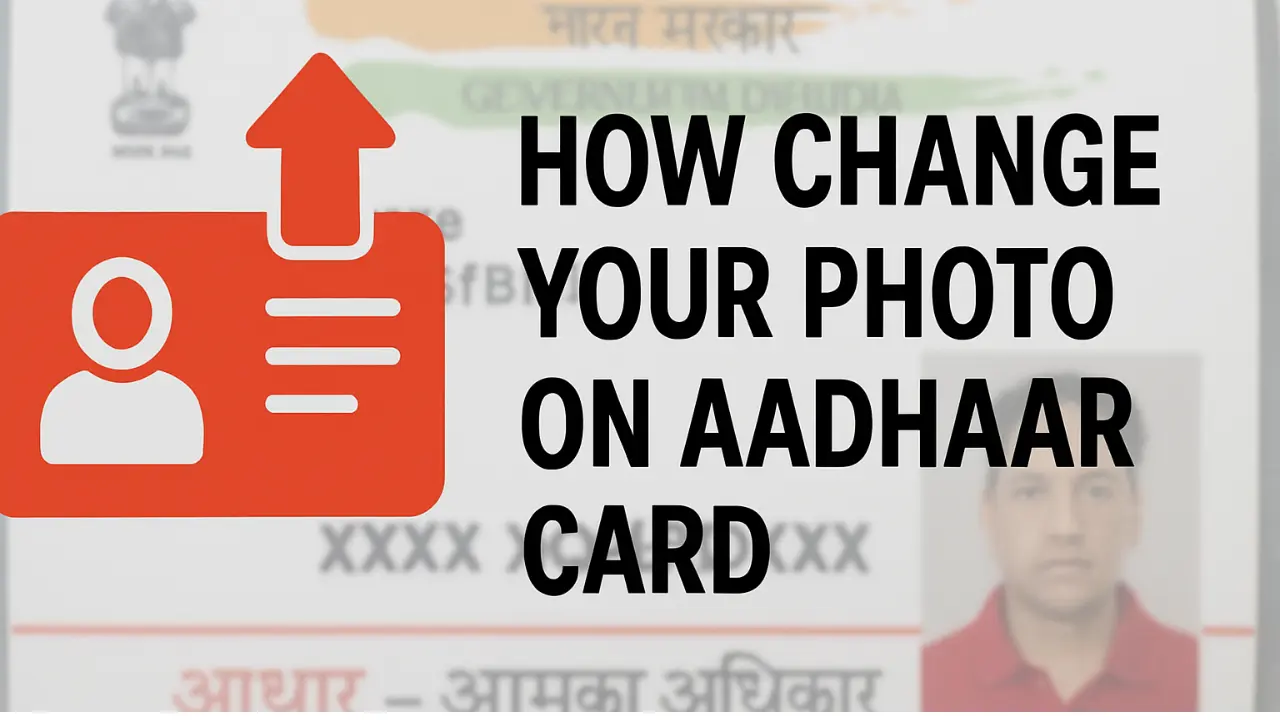
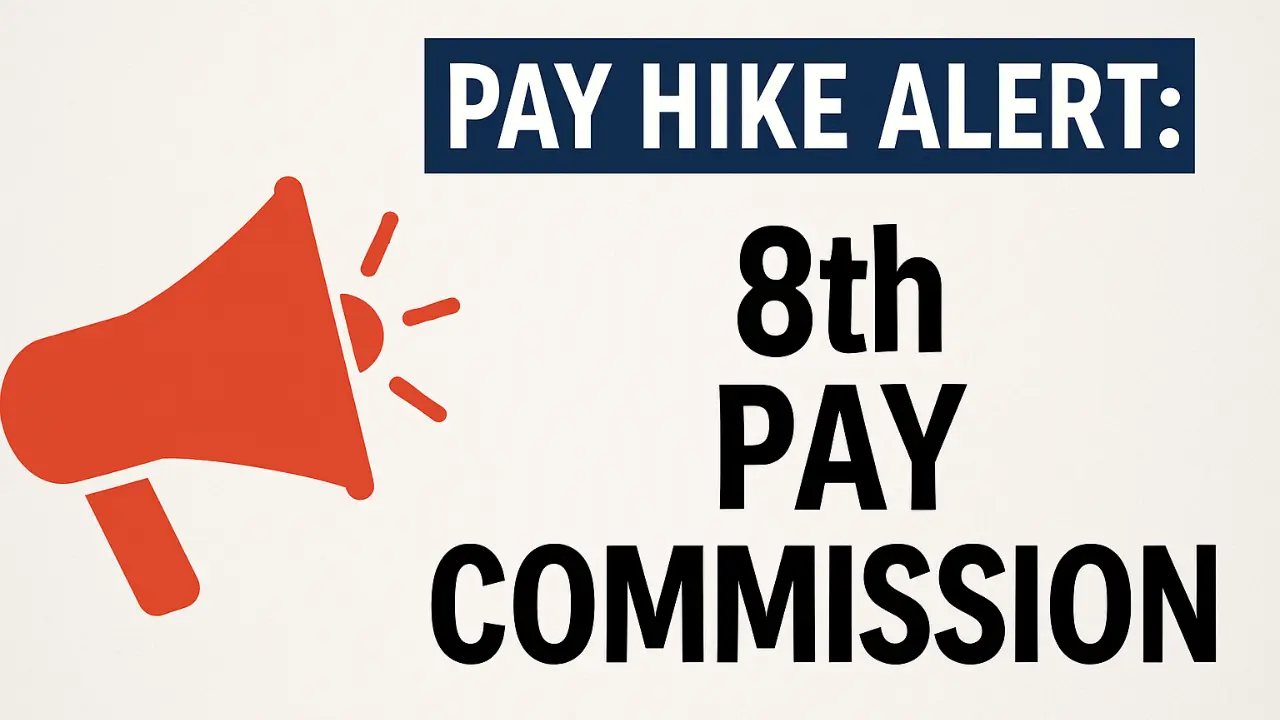
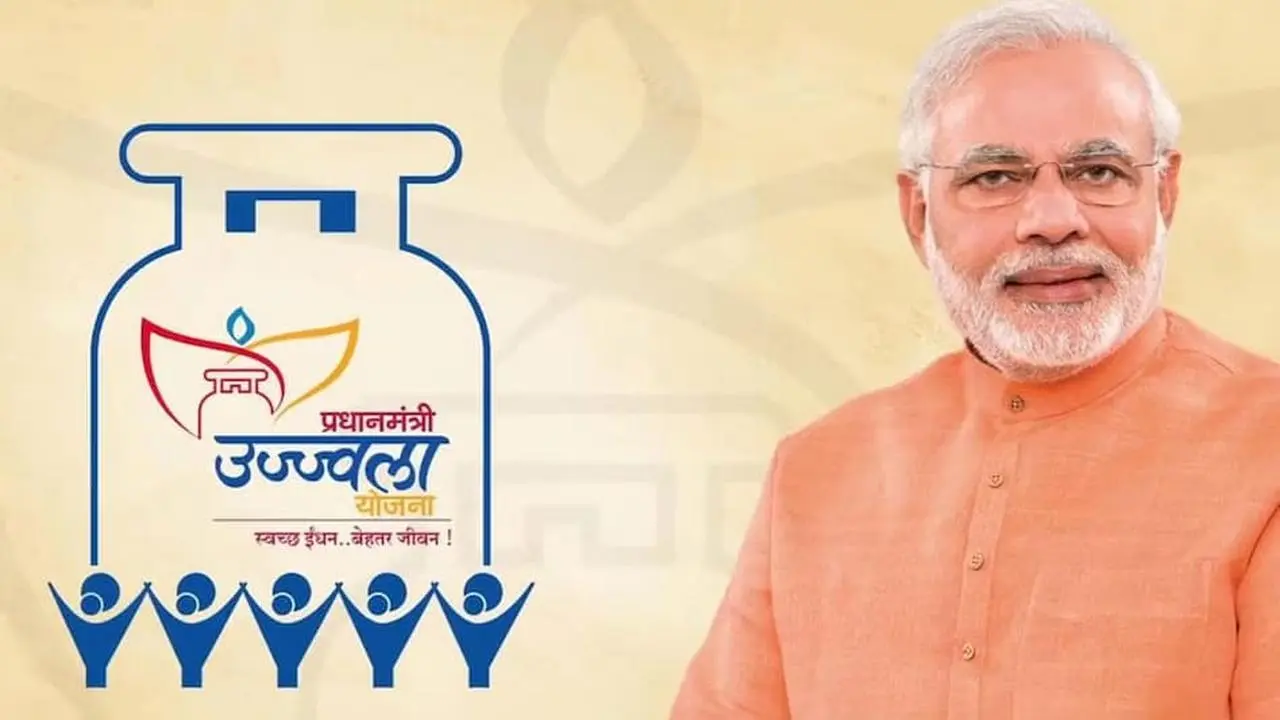

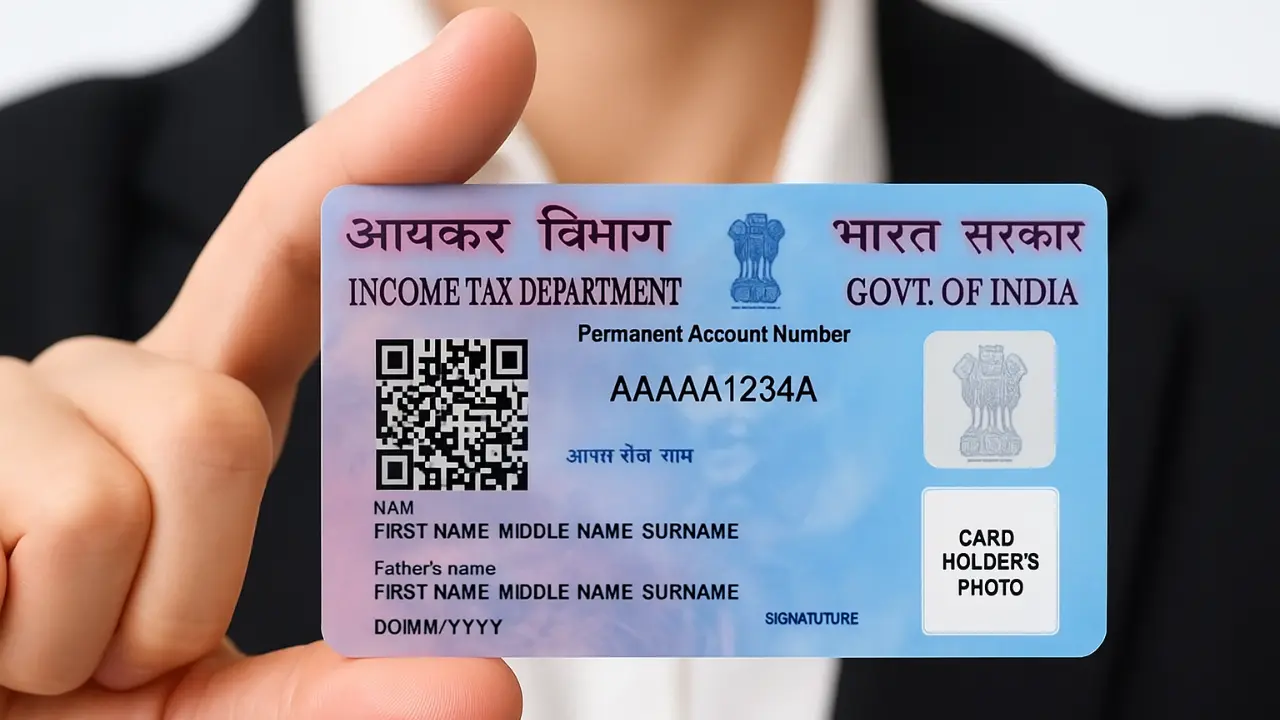
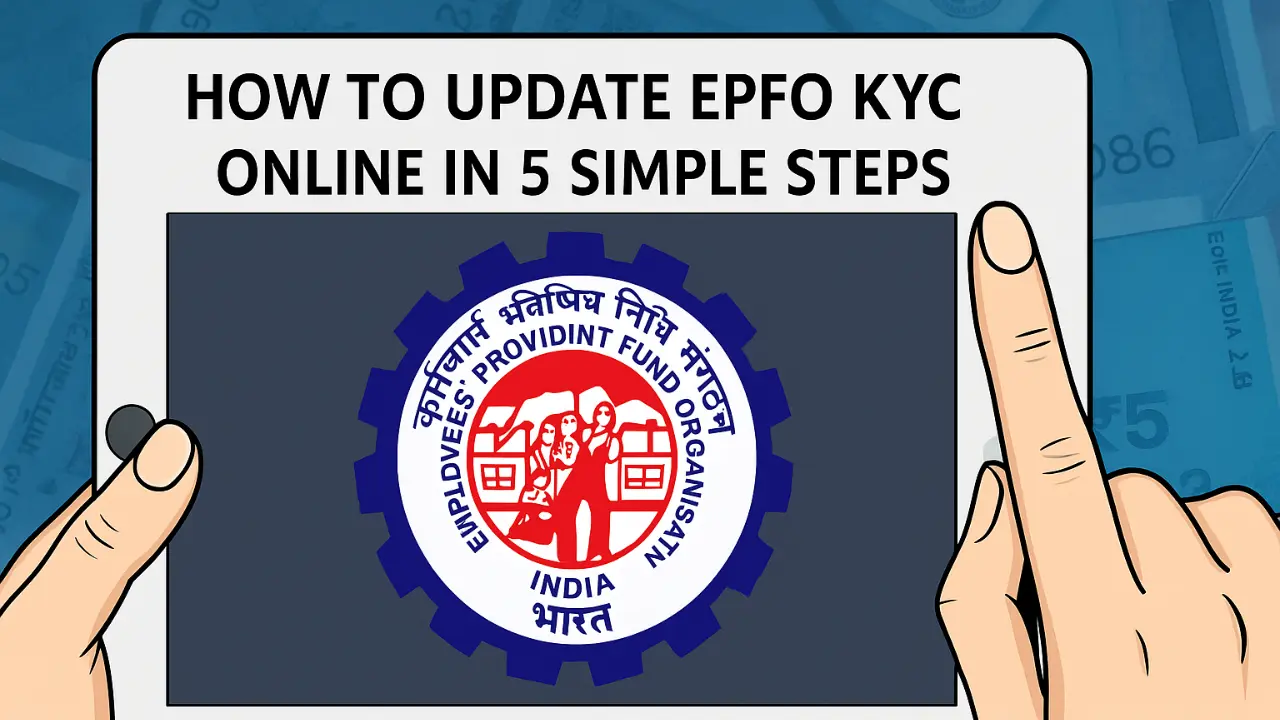





Leave a Reply